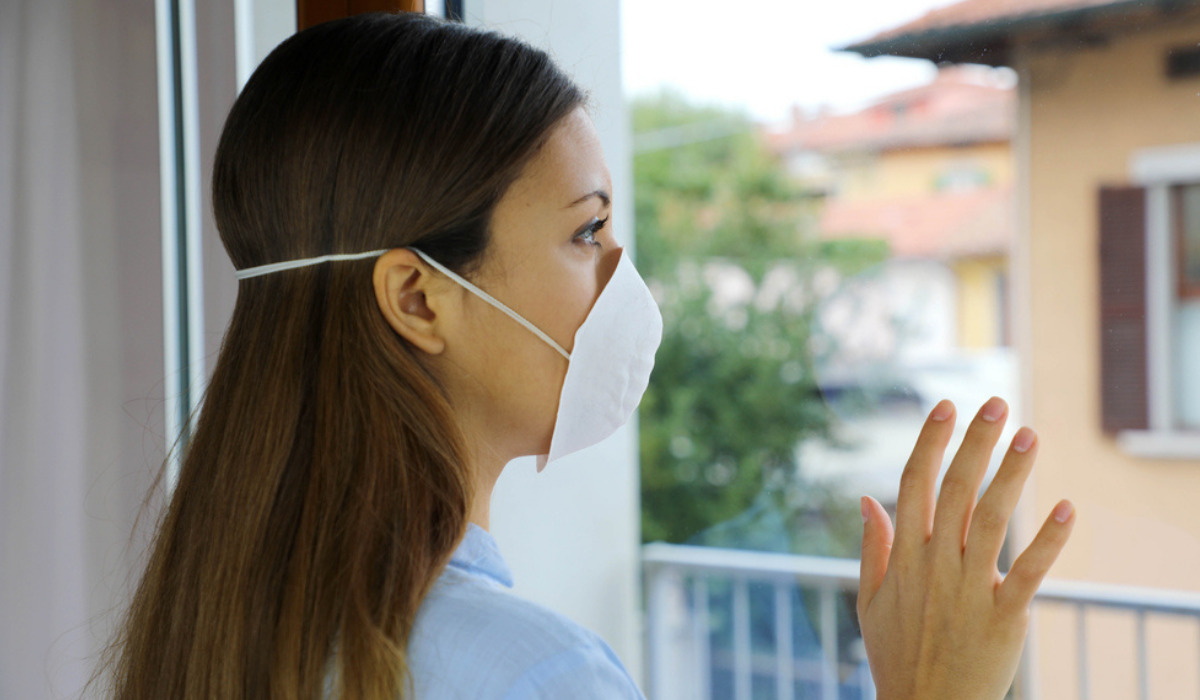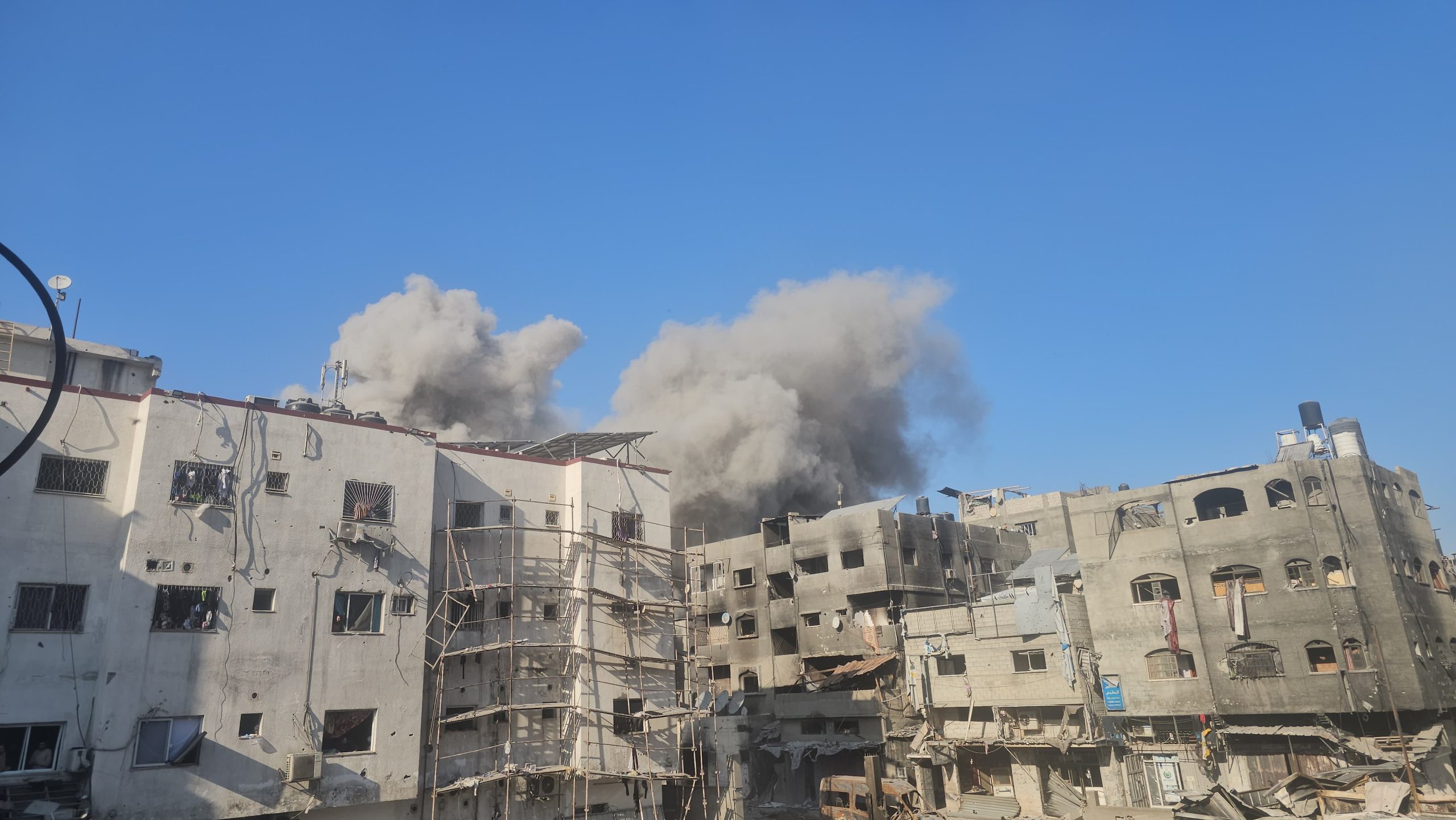Self-isolating is safe and preferred for those experiencing mild or moderate symptoms, says Hamad Medical Corporation (HMC) official.
Medical officials in Qatar are encouraging COVID patients who do not suffer major symptoms to remain at home and self isolate rather than go to hospital. According to the latest guidelines, those with mild symptoms such as a cough or moderate temperature should remain in their houses and not mix with anyone for 10 days.
Medical Director of HMC, Dr. Muna Al Maslamani said, “While we are likely to see high numbers of people testing positive in the coming weeks, a large majority of these will have only mild to moderate symptoms and not need medical care.”
Based on HMC instructions, those isolating at home should stay within their room and away from family members for at least 5 days after their positive test, they can then leave their rooms after 5 days but must always wear a mask when contacting family members.
“Despite the lower rate of severe infection due to Omicron, it is still very important for people to ensure they are fully vaccinated, including obtaining the booster dose, and to follow all precautionary measures,” added Dr. Al Maslamani.
Read also: Qatar’s PCR ‘crisis’, what is really happening?
HMC has set up a Centralised Home Isolation (CHI) Service for COVID patients run by the Communicable Disease Center (CDC) this service is to aid those seeking home isolation and medical assistance via phone.
While the number cases requiring hospitalisation remains low in Qatar, it is believed that the total number of positive cases is much higher than what is being announced. A severe delay in processing PCR tests, overcrowding at hospitals and health centres and the return of citizens and residents from international travel over the winter break indicates that positive cases are significantly higher than the 833 announced on Sunday.
Those queueing to be tested at health centres and hospitals are not segregated, and there is no social distancing at many of these facilities, meaning that positive patients are in direct contact with those testing for travel or people returning to the country. One resident told Doha News “I want to get an antigen test on Saturday, I was made to stand in line with 50 other people, the health centre said I have to wait for a printed copy of my result, when they started calling out the names, four people next to me were told they had tested positive.”
The situation seems to be alarming especially amid videos circulating last week of large numbers of people crammed together in front of Sidra hospital, and several PHCC clinics and testing centers across Doha, including Leabaib, Al-Gharafa and Rawdat Al-khail. There was no order in lines and the many were forced to leave without being tested despite waiting for many hours.
During the climax of the COVID-19 virus in March 2020, HMC and the Ministry of Public Health (MoPH) were able to initiate “Ehtraz”, an app to keep up with the person’s health status and vaccines and enforce precautionary measures that helped moderate the situation in the country, such as preventing the sale of shisha, restricting gym capacities and enforcing social distancing at mosques for prayers. With schools now being forced to revert to online learning, questions are being asked about if or when will other restrictions be put in place, or if indeed, considering the milder symptoms most COVID patients are experiencing, they are needed at all.







